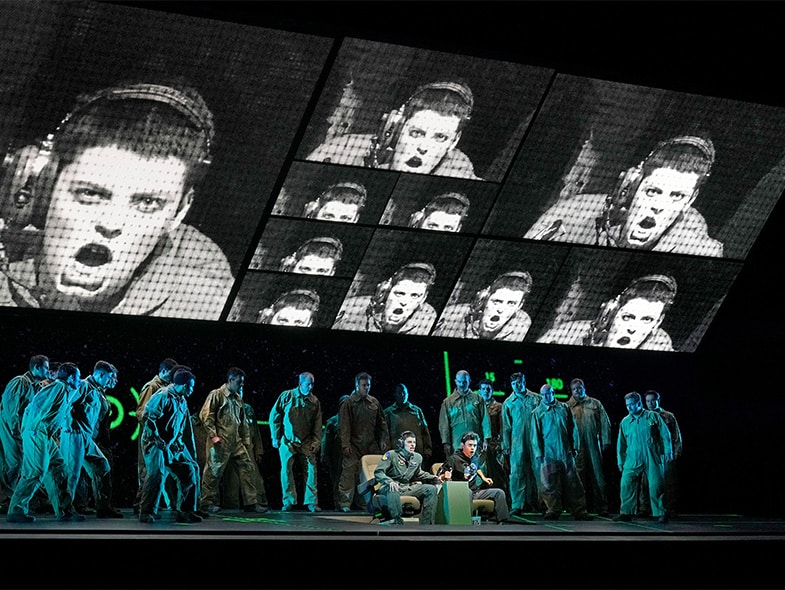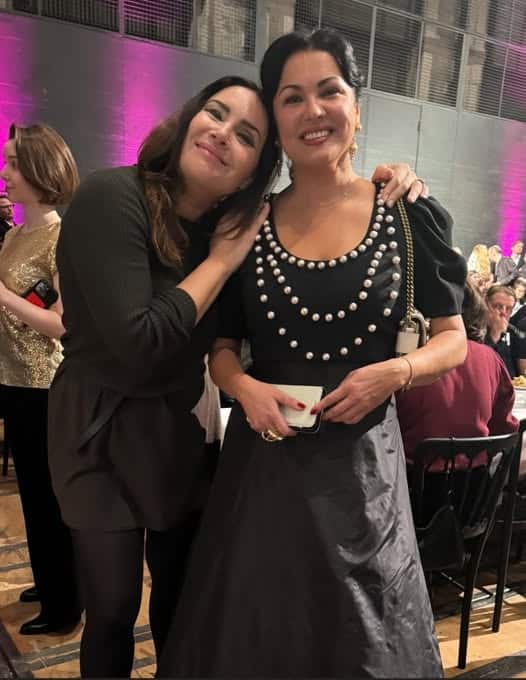Peter Gelb blames critic for Met flop
NewsPage 6 in the NY Post – not the first place you’d turn to for opera reviews – has a speech made by Peter Gelb at a private fundraiser, lambasting Zachary Woolfe of the NY Times for poor sales of the season-opening opera, Grounded.
He called the opera ‘a brilliant work that has a brilliant story, and it has great emotional impact…
I’ve been around long enough to know that critics write — and they should write — what they feel. But sometimes you get the sense that there’s an agenda.’
‘There’s a great deal of resentment on the part of some critics — not all critics, some critics — about the idea that music should be approachable by a large audience and should be available to more people and some critics might [prefer to] keep it sacred, in some ways, for themselves.’
Woolfe had written in the Times that Grounded ‘doesn’t risk much, politically or musically.’ What is lacks ‘is musical depth and intensity….
‘Tesori’s gift for tunefulness, so charmingly evident in her musical theater work, has unfortunately been sidelined, as if it’s too lowbrow for the likes of opera. And there’s not enough that’s interesting or idiosyncratic in her score — its orchestration, structure, vocal lines — to compensate.
‘The result is often faceless and bland.’
Tickets are, as you’d expect, still available.






Comments